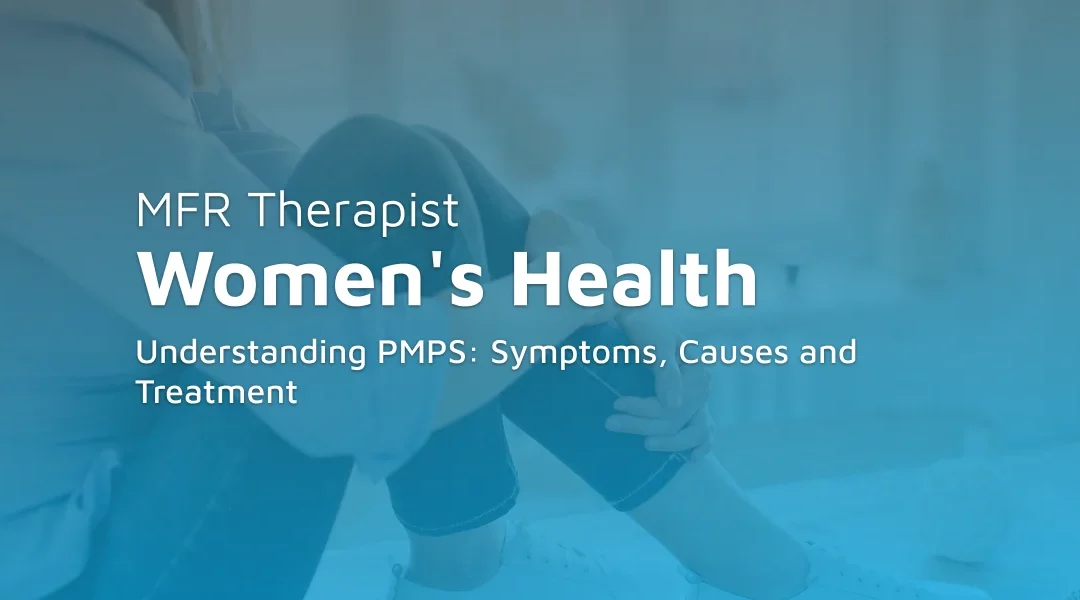Patients anticipate certain common experiences during recovery from a mastectomy, which may include discomfort, tissue firmness, swelling, or a wound that drains fluid. However, when pain endures beyond the normal healing time — typically marked by a decrease in these symptoms — it may be indicative of PMPS. It’s important to note that PMPS is not exclusive to those who have had mastectomies; it can also affect those who undergo breast-conserving surgeries, such as lumpectomies.
The development of PMPS also seems to be influenced by specific surgical procedures, particularly those that involve extensive tissue removal from the breast and underarm regions. Understanding these risk factors is key to providing targeted and effective treatment for those experiencing PMPS.
If you’re recovering from a mastectomy or lumpectomy, staying vigilant about your symptoms is essential. Contact your healthcare provider without delay if you experience:
- Persistent pain in the chest, armpit, or arm that lasts for several months post-surgery
- Worsening pain or pain that becomes more frequent, which could indicate Post-Mastectomy Pain Syndrome (PMPS)
- Ongoing numbness, tingling, or itching that doesn’t improve with time
- Notable changes in your arm or shoulder mobility that may affect your daily activities
Beyond these symptoms, maintaining a schedule of regular check-ups post-surgery is crucial. These appointments allow your healthcare provider to track your healing journey, make timely interventions if needed, and provide peace of mind as you recover.
Physical therapy
Physical therapy stands as a crucial intervention for patients grappling with post-mastectomy pain syndrome (PMPS). Recognizing PMPS as a neuropathic condition, it’s essential to address musculoskeletal dysfunctions and pain that often compound the chronic nature of PMPS. Through carefully tailored physical therapy programs that incorporate strengthening exercises and therapeutic massage, patients can experience an alleviation of shoulder pain. Furthermore, physical therapy serves to augment range of motion and flexibility, diminish stiffness, and fortify the muscles around the cervical spine, scapula, and the overall shoulder girdle.
Myofascial release therapy
Myofascial release (MFR) therapy is recognized for its effectiveness in managing PMPS. Certified MFR therapists specialize in treating the myofascial tissue which is the continuous, strong, fibrous web of connective tissue that encases and supports all structures in the body. Its benefits are multifaceted, addressing not only the symptomatic pain but also the underlying contributors to discomfort, such as scar tissue tightness, myofascial restrictions, and sustained nerve compression.
In practice, MFR therapy carefully brings gentle, sustained pressure to areas of tension and restriction within the myofascial tissue. This strategic intervention sets in motion a cascade of physiological responses. It encourages vasodilation, boosts localized circulation, and stimulates the stretch reflex of the myofascial complex. As a result, MFR has been known to alleviate the deeply entrenched pain characteristic of PMPS, enhance range of motion, and facilitate a smoother recovery post-mastectomy.
By accessing MFR Health, patients have access to a network of professionals, trained meticulously in the John F. Barnes’ methodology of MFR therapy. This method is not a mere symptomatic remedy; it aims at achieving long-term wellness and pain resolution for PMPS patients, aiding them in reclaiming an active, pain-free lifestyle.
Alternative treatments
While traditional physical therapy and MFR therapy are cornerstone treatments for PMPS, incorporating alternative treatments can complement these methods. Treatments such as acupuncture, yoga, and therapeutic massage may be integrated into a patient’s regimen to enhance pain management outcomes. These practices not only aim to reduce pain but also to increase mobility and provide stress relief, which can be particularly beneficial for PMPS sufferers.
Lifestyle changes play a critical role as well. Patients who adopt a healthy diet, engage in regular physical activity, and employ stress management techniques often report a reduction in their symptoms. Current research on the efficacy of these alternative treatments for nerve-related pain, like PMPS, is promising, though ongoing. Studies suggest that these integrative approaches may reduce the need for medications and improve the overall quality of life.
MFR therapy involves applying gentle, sustained pressure and stretch to the myofascial connective tissue to alleviate these restrictions. The John F. Barnes’ methodology of MFR therapy is particularly effective because it recognizes the complex interconnections of the myofascial network and treats the body as a whole. Instead of isolated treatment of individual muscles or body parts, this method aims to address the broader myofascial system to catalyze holistic healing and recovery.
Through a series of treatment sessions with our skilled therapists, individuals experiencing discomfort may find significant relief, improved range of motion, and a return to their favorite activities. The process of MFR therapy is tailored to each person’s unique body and specific challenges, ensuring a personalized approach to wellness and healing.
Finding the right MFR therapist for PMPS treatment is crucial to achieving optimal outcomes. It’s important to choose a therapist who is trained and certified in the methodology developed by John F. Barnes, the leading practitioner in the field of MFR. The therapist should also have experience in treating patients with similar conditions, and they should be able to tailor the therapy to your specific needs and symptoms. At MFR Health, we make connecting with a certified MFR therapist near you easy. Our platform is designed for ease of use, offering a free search capability to help you find the right therapist for your PMPS treatment.
While living with PMPS can be challenging, it’s important to remember that with the right treatment and support, it is possible to manage the condition effectively and enjoy a high quality of life. Ongoing research into the causes and treatment of PMPS continues to bring new hope and possibilities for those affected by this condition. Whether you’re just starting your journey with PMPS or you’ve been managing the condition for some time, we’re here to help you every step of the way. Find a certified MFR therapist today and start your journey towards relief and recovery.
